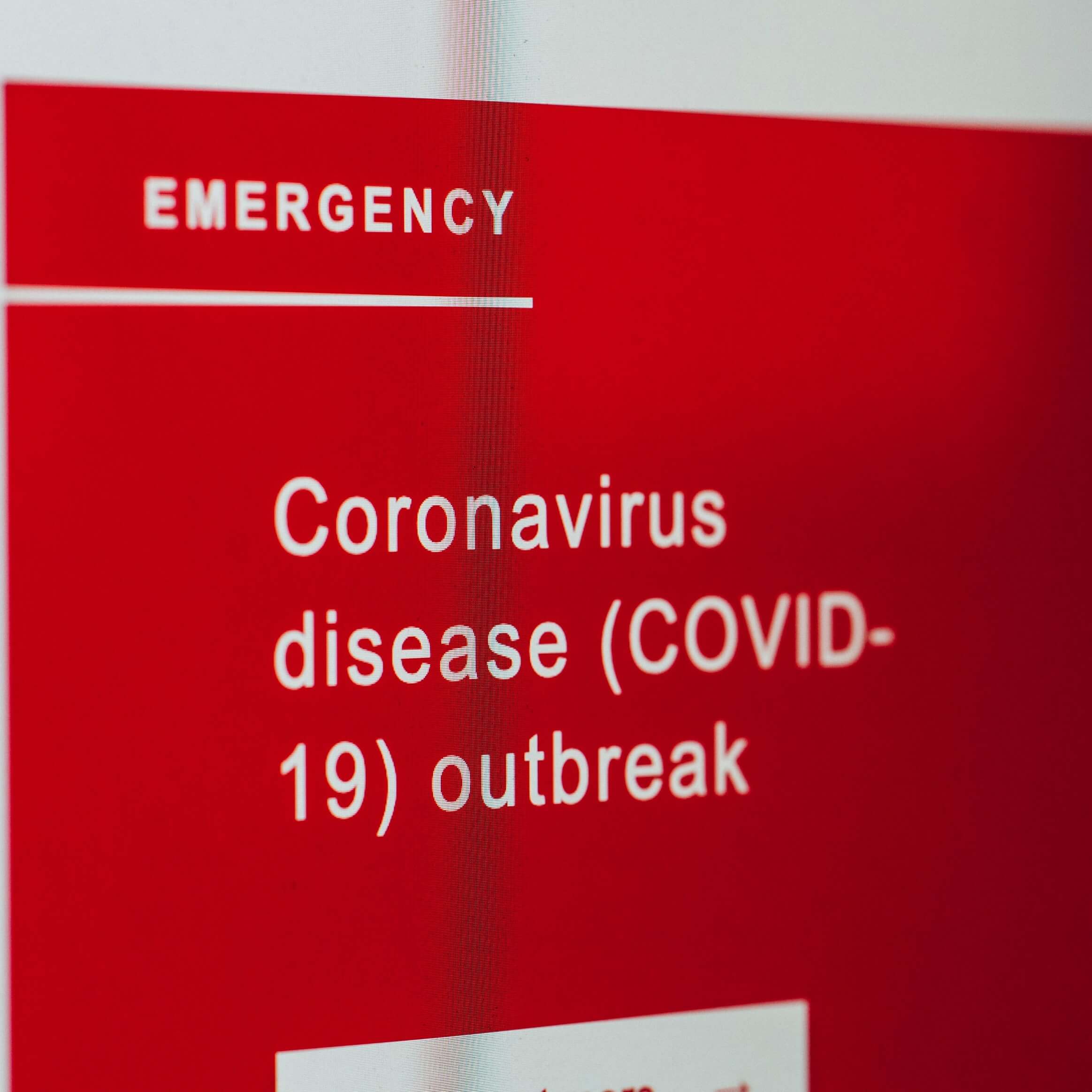
What Does IgG-Positive Mean?
COVID-19 has spread across the globe, and to curb this acute infection, various tests had to be invented. One of these is the antibody test, which tests for COVID-19 antibodies in the blood. The results of these tests show your immunoglobulin level, such as the presence or absence of IgG. So, what does positive IgG mean?
Why Antibody Tests Are Vital?
There are several reasons why antibody tests are vital to containing COVID-19. Some of those reasons include:
Detecting Immunity
A primary reason why antibody tests are essential is that they can detect whether or not a person has developed immunity to COVID-19. This is especially important for health care providers because the test can help to tell which staff members have developed protective immunity and which haven't. Granted, all healthcare workers are still required to wear protective gear. However, this test can help determine which staff members have a higher chance of infection.
Beneficial for Convalescent Plasma Therapy
Secondly, an antibody test may determine the COVID-19-related antibodies in an individual's blood samples. With this information, medical professionals learn more about an experimental treatment called convalescent plasma therapy.
Plasma is a part of the blood that does not contain blood cells. Essentially, the point of this treatment is to insert the plasma of those who have recovered from COVID-19 into those who haven’t. Researchers believe that this infusion of COVID-19 antibodies may help to eliminate the SARS-CoV-2 virus from the patient's system. Alternatively, the infusion could cause the patient's immune system to create antibodies. That said, it seems that those donating plasma need to have high antibody levels for the treatment to work.
Tracking COVID-19
It is well known that antibody tests cannot detect if you currently have COVID-19. However, the blood test can be used to provide information regarding how the viral infection has traveled. Using the information, researchers may be able to detect future hot spots.
Even though this test cannot detect the virus, it can confirm which communities have been exposed to the virus, thereby revealing vulnerable areas and areas that aren't.
How Is an Antibody Test Done?

Taking an antibody test is quite straightforward. Just like any other blood test, a small amount of blood is drawn from your vein. To take this sample, you would need the help of a medical professional. Here are the steps:
- Clean your skin where the butterfly needle will be injected.
- Place an elastic band, also known as a tourniquet, above the injection area. This restriction will cause your veins to swell, giving the healthcare worker easier access to them.
- Insert a needle into your vein. The two places they typically inject are the inner part of your elbow or the back of your hand. These are two areas where your veins are most visible. Keep in mind that the professional might have to find your veins somewhere else if these two places prove futile.
- Pull your blood sample into a syringe or vial.
- Take off the tourniquet and take out the needle from your vein.
In some cases, there is no need to take blood from your vein. All that is required is a "fingerstick" test. You can do it for yourself, but keep in mind that you can still ask for the help of a health professional.
You just need to use a small needle (lancet) and prick the tip of your finger and collect the blood sample. Using the “fingerstick” method is most effective for children. If you have a baby, you can take a sample from the heel of your baby. Using the lancet, you or the health professional will prick your infant's heel and collect the blood sample. While all methods can be uncomfortable, the pain is only temporary and does not last long.
When Are Antibody Test Results Ready?
The time it takes for an antibody test to be ready depends on various factors. For example, you may get your test result back the same day if the facility centre takes the sample and tests it on-site.
In other cases, it may take a few days. This is because the facility may send test samples to a laboratory for testing. Furthermore, it is important to note that the antibody test results are not always accurate. Some factors may affect the results of the test. For example, if you try and take the test soon after infection, then your result won't be accurate. You should wait at least 14 days after the infection before taking the test. Another factor that might affect the result is if the quality of the test is poor or uncertain.
What Does IgG-Positive Mean?
IgG antibodies are proteins found in the human body produced after infection. This protein may stay in the system for a long period, even after recovery. Thus, IgG-positive means that you had a COVID-19 infection a few weeks or months ago. The positive result may or may not mean that you are still infectious.
Additionally, the result shows your system has some immunity to the virus. However, this is not always the case. Even if you have some immunity to COVID-19, the extent of this immunity against future reinfections is unknown. It is possible to get a positive result even if you did not experience any COVID-19 symptoms. However, it might be a false positive, meaning that you have antibodies to a virus largely similar to the COVID-19 virus. Another theory is that there were issues with the test.
An IgM antibody test differs from an IgG test. This is because IgM is found in your lymph fluid and blood and indicates that you might be in the early stages of a COVID-19 infection. Therefore, if you have an IgM negative and IgG positive result, you might no longer have the virus or be infectious, but you do have the antibodies of that virus.
An IgM antibody test is not the only way to confirm if you have COVID-19. You can also take a rapid antigen test. For example, you can opt for a FlowFlex rapid test or buy Healgen test kits. Unlike an antibody test, you can get the result of an antigen test in as little as 15 minutes.
Conclusion
Antibody tests are vital for several reasons. While they may not detect present COVID-19 infections, they help to determine who has had the virus and who is more vulnerable to it. Besides this, the test results can be used for experimental treatment and to track how the virus is spreading.
If you do eventually take the antibody test and end up with an IgG-positive and IgM-negative result, this means that you had COVID-19 weeks or months in the past, and your system now has antibodies of the virus.


